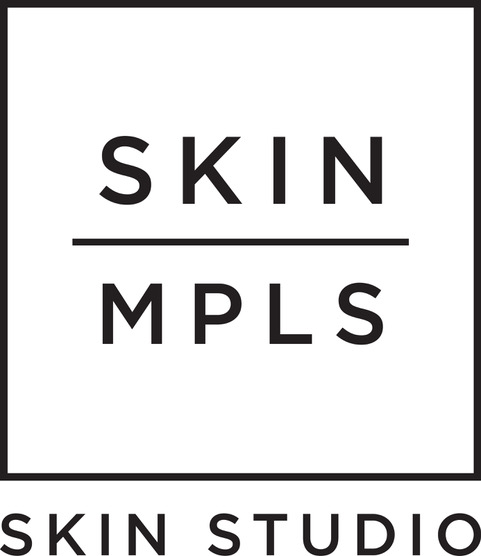What Is A Melanin Inhibitor And Do You Need It?
Step up your ingredient knowledge this summer to keep your skin tone even and prevent sun damage. Here are three ingredients that are increasing in popularity and replacing some of the "OGs."
Hydroquinone, vitamin C, and retinol have been some of the most common ingredients recommended to treat hyperpigmentation. As time and skincare have evolved, we have some new and more targeted options on the market. We'll tell you where some of the common ones may fall short and where the new ones shine.
Out with the old (ok, not "out out")
Hydroquinone has always been known as a powerful skin-lightening agent that treats unwanted pigmentation. Most people's goal isn't to lighten the skin, but to treat the pigmentation. Hydroquinone should be applied uniformly to the skin, but because the ingredient is so strong, it can be difficult to use consistently. Also, it can damage the skin when not used correctly and on the wrong person. Another downside about this OG ingredient is that it is not suitable for pregnant or breastfeeding clients – two periods of a woman's life when they often need the most melanin suppression support.
Vitamin C is a remarkable antioxidant and popular skincare ingredient. We love to see it in a skincare lineup. But think of vitamin C as an ingredient to help protect the skin from intrinsic and extrinsic skin-damaging factors rather than specifically fixing hyperpigmentation. We'll always recommend using vitamin C alongside these additional highlighted ingredients to boost your results and boost your skin's glow!
Retinol, we'll never quit you. But we do have to admit that, like with vitamin C, you're just a booster when it comes to inhibiting melanin production – not the leading lady of this movie. We don't say this often, and really don't like putting it in writing – so please don't quote us. ;)
In with the new
Hexylresorcinol doesn't necessarily roll off the tongue, but it did do even better in a clinical study than hydroquinone without unwanted side effects (like having to take breaks from using it and being extra sensitive to the sun). On a molecular level, it disrupts the melanogenesis pathway at several points, which keeps the skin from pigmenting and breaks up and gets rid of pigment that is currently there. All skin tones, as well as pregnant and nursing women, can freely use hexylresorcinol. It even has antioxidant powers.
Alpha arbutin cannot be left out when discussing impressive pigmentation-treating ingredients. By suppressing tyrosinase, alpha arbutin helps to reduce the formation of melanin, leading to a lighter and more even skin tone. Interestingly, alpha arbutin's chemical structure is the same as hydroquinone's chemical structure with the addition of a glucose molecule, but alpha arbutin is naturally derived and safe for all skin types, and also for pregnant and breastfeeding women.
You will find both hexylresorcinol and alpha arbutin in SkinBetter's Even Tone Correcting Serum. Even Tone is great for every skin type, and it's gentle to use with no skin acclimation needed. It also contains a powerful source of vitamin C, Kakuda Plum Extract, for more skin support. Even Tone is a beautiful cocktail skin product that creates and maintains even skin, especially when sun exposure is a regular part of your life. For you Even Tone fans out there, we are excited to share that an even heftier version of Even Tone is coming soon that combines even more powerful melanin-fighting ingredients! Can you imagine?! :)
Transexamic acid also has to be mentioned among the modern-day anti-pigment ingredients. Its ability to inhibit melanin production by blocking the interaction of melanocytes and keratinocytes makes it ideal for treating unwanted pigmentation. Tranexamic acid has no known side effects and is safe for sensitive skin. In addition to being applied topically, tranexamic acid can be prescribed to be taken orally to treat melasma (a condition, often hormonal, where your skin creates melanin, which leads to chronic hyperpigmentation).
Transexamic acid has been gaining popularity in many skin care products. Our favorite formula by Face Reality, Glow Tone Corrective Serum, combines tranexamic acid with azelaic acid.
